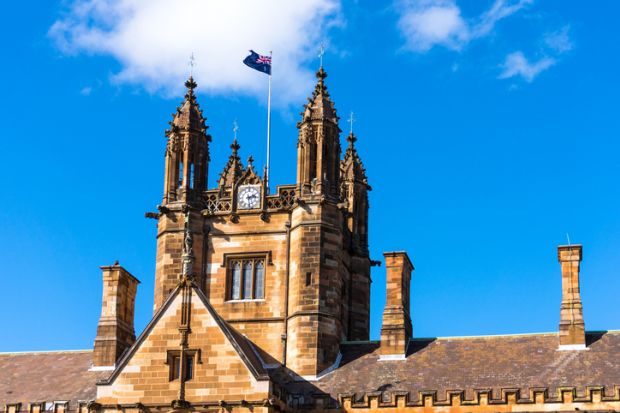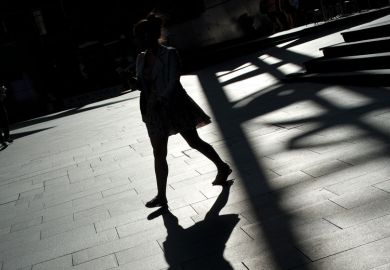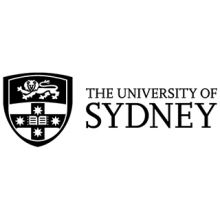Australia’s oldest university fielded twice as many reports of sexual misconduct last year as in 2022, but at least half involved incidents with no connection to the institution.
The University of Sydney received 246 notifications of sexual assault and harassment in 2023 compared with 121 in 2022, according to its second annual report on the issue.
But 123 were classed as “non-university related conduct” with no connection to Sydney’s campuses, housing or events. They may have been lodged by staff or students seeking “trauma-informed care and support”, the report says, including over incidents that occurred overseas or years earlier.
In another 37 cases, authorities could not determine the relationship to the university “due to insufficient information provided”. The remaining 86 instances directly involved the university or its work.
Campus resource: Addressing sexual misconduct in higher education, part one: prevention
And while most reports came from students, 69 per cent involved misconduct by “members of the public” or people with no clear connection to the university.
Australia’s universities have endured years of bad press about pervasive sexual misconduct. Sydney’s report suggests they often function as service providers to victims rather than venues for sexual abuse.
But the data may not tell the full story, the report notes. “National statistics have consistently demonstrated significant underreporting of sexual misconduct both in universities and in the general community,” it acknowledges.
In an email to staff and students, vice-chancellor Mark Scott proclaims the university’s “zero tolerance” for intimidating, abusive, discriminatory, disrespectful or threatening behaviour. “One case is one too many,” he writes. “We know there is more we need to do to ensure everyone in our community feels safe.”
The spike in notifications could reflect the “full return” of students to campus following Covid lockdowns, the report says. But it could also have been driven by improved awareness, increased referrals and enhancements to the university’s sexual misconduct reporting system.
Eighty-eight per cent of the reports were classed as “disclosures” by people who did not want the university to investigate or take action. Fifty-six per cent involved assaults and 42 per cent were about harassment, with the other 2 per cent unable to be classified “due to insufficient information”.
The Australian National University, Deakin, Griffith, Melbourne, Monash, UNSW Sydney and Wollongong are among the other universities that have begun publishing annual reports on their work to tackle gendered violence, amid criticism of the sector’s efforts by activists, politicians and media.
Melbourne’s third report, released in April, found that complaints had risen against students and declined against staff. Melbourne terminated five staff members’ employment last year after complaints against them were substantiated.
Sydney sacked one staff member who had been referred for disciplinary action over sexual misconduct, with two more resigning.
Register to continue
Why register?
- Registration is free and only takes a moment
- Once registered, you can read 3 articles a month
- Sign up for our newsletter
Subscribe
Or subscribe for unlimited access to:
- Unlimited access to news, views, insights & reviews
- Digital editions
- Digital access to THE’s university and college rankings analysis
Already registered or a current subscriber?












